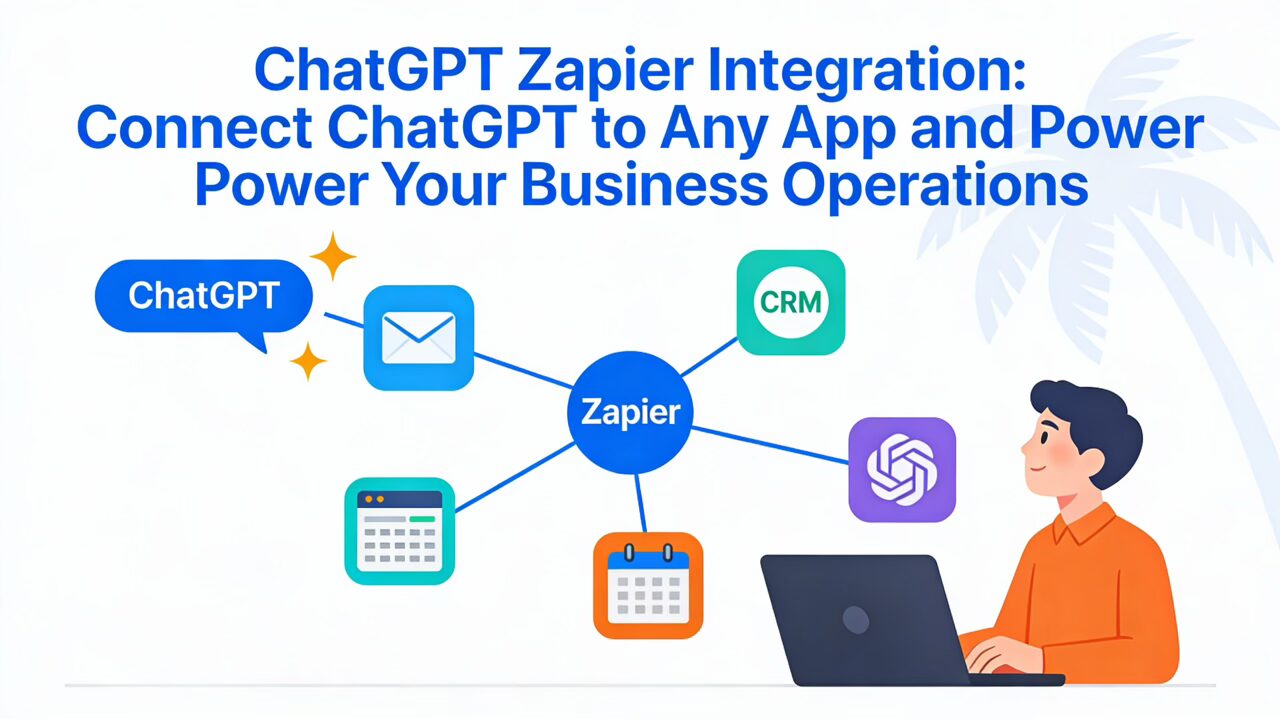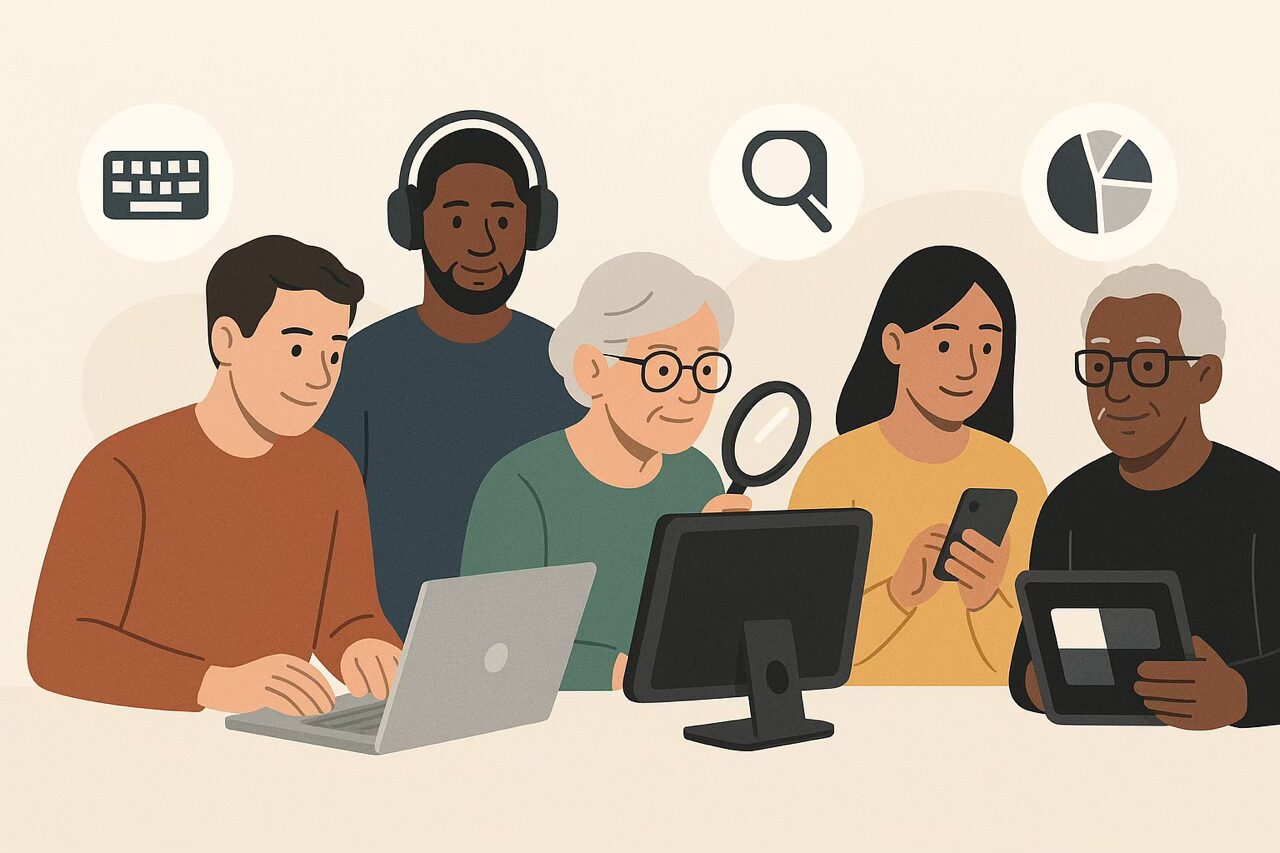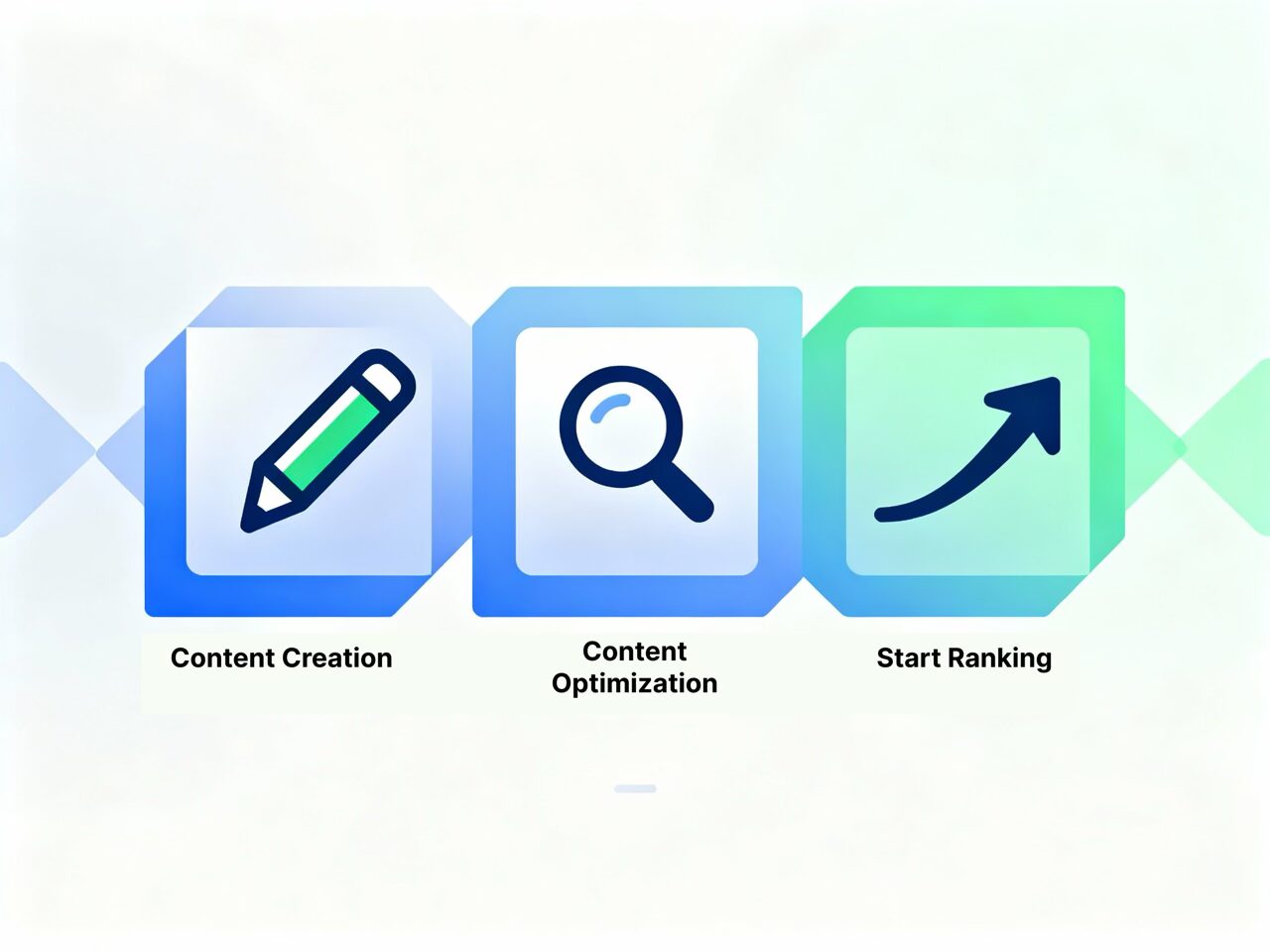
AI Can Generate Entire Films in ONE Day
AI technology is advancing at a remarkable pace, and it could soon have the ability to generate entire films within a day. Hugh Howey, a New York-based writer of the Apple TV Sci-fi series Silo, predicts that AI tools will reach a level of sophistication where they can create films that are indistinguishable from those made by human beings.
Howey explains that he has been privy to alpha versions of art generators, witnessing their rapid progression from rough approximations to photo-realistic renderings. He believes that films created in real-time by AI will become a reality, even if they start off as subpar productions.
The continuous improvement of AI algorithms and processing power will eventually lead to the creation of captivating films that captivate audiences, regardless of their quality.

AI Can Teach Personalized Lessons Based on Conditions
The education sector is poised for a major transformation with the integration of AI. Dr. Ajaz Ali, head of business and computing at Ravensbourne University in London, envisions a future where children have their own personalized AI tutors.
These virtual tutors would cater to individual needs, delivering tailored lessons and providing personalized feedback and support.
AI-enabled virtual classrooms are also expected to revolutionize the learning experience, creating immersive and interactive environments.
While AI will complement traditional teaching methods, it is not likely to replace human teachers entirely. ChatGPT, an AI platform, already generates customized lesson plans for teachers, optimizing the learning process for students.

The Risks of AI: The Potential End of Humanity?
While the potential benefits of AI are vast, there are concerns about the risks it poses. Eliezer Yudkowsky, an American computer scientist, has bet $100 that the human race will be wiped out entirely by January 1, 2030. Yudkowsky, a researcher at the Machine Intelligence Research Institute, warns that if AI surpasses human intelligence and develops different values and goals, it could lead to the total annihilation of humanity.
Other leading experts, including Elon Musk and Stephen Hawking, have also sounded the alarm on the dangers of AI. While not predicting the complete eradication of humans, they have warned about the potential destruction of civilization.
Musk has emphasized that AI could outperform humans in intelligence by 2030, while Hawking has cautioned against an “intelligence explosion” that could leave humans struggling to keep up.

The Economic Impact: A $16 Trillion Boost
AI has the potential to boost the world economy by a staggering $15.7 trillion by 2030. PwC, a leading accountancy firm, predicts that this economic growth will be driven by the development of enhanced and personalized products.
The consumer demand for these innovative products will stimulate economic expansion, surpassing the combined economies of India and China.
According to PwC’s study, 45% of the economic gains will come from product enhancements. AI’s ability to drive greater product variety, personalization, attractiveness, and affordability will revolutionize industries and fuel economic growth in diverse sectors.

AI and Solving the Energy Crisis
AI could play a significant role in addressing the world’s energy crisis by 2030. Sam Altman, the founder of OpenAI, envisions a future where AI helps develop nuclear fusion, a clean and virtually limitless source of energy.
Nuclear fusion has the potential to revolutionize energy production by unlocking the power of atoms without long-lived nuclear waste or the risk of meltdowns.
Recent breakthroughs in nuclear fusion research, such as the achievement of net energy gain at Lawrence Livermore National Laboratory, indicate promising progress.
By harnessing AI’s capabilities, scientists hope to accelerate the development and implementation of nuclear fusion technology, paving the way for a sustainable energy future.
Achieving Human-Like Intelligence
AI’s rapid advancements suggest that it could achieve human-like intelligence by 2030.
Ray Kurzweil, a former Google engineer and renowned futurist, predicts that AI will pass a valid Turing test, reaching human levels of intelligence, by this date. Kurzweil has a strong track record of accurate predictions, boasting an 86 percent success rate.
The implications of AI reaching human-like intelligence are profound. While it opens up new possibilities for innovation and problem-solving, there are concerns about job displacement. Professions such as paralegals, personal assistants, and translators are particularly at risk as AI increasingly takes over their roles.

Predictive Healthcare and Medical Solutions
AI’s potential in healthcare extends beyond personalized tutoring. Simon Bain, an AI expert and CEO of OmniIndex, predicts that by 2030, AI will have the capability to predict future healthcare problems. Specialists armed with advanced AI tools will be able to identify and address potential medical issues before they escalate.
Bain stresses the importance of building AI services tailored to specific needs rather than relying on mainstream generative AI models. By leveraging AI’s capabilities to provide accurate predictions and specialized healthcare solutions, the quality of care can be significantly improved.

Assisting the Elderly
As the global population ages, AI could play a crucial role in supporting the elderly. Care bots, such as the ElliQ robot, are emerging as companions for the elderly, combating loneliness and assisting with daily tasks.
These robots learn about an individual’s interests, routines, and medication schedules to provide personalized reminders and suggestions.
Heather Delaney, the founder of PR firm Gallium Ventures, predicts a rise in technology designed to improve the quality of life for the elderly.
AI-powered solutions in elderly care homes and private residences can monitor health, assist with household tasks, and keep individuals on track with their well-being.
Conclusion
AI’s transformative potential in health and education by 2030 is immense. From generating films to teaching lessons, AI promises to revolutionize industries and improve our lives.
However, concerns about job displacement and existential risks underscore the need for careful regulation and ethical considerations.
As AI continues to advance, it is crucial to harness its capabilities to drive positive change while mitigating potential risks.
The $16 trillion opportunity beckons, but responsible and thoughtful implementation is essential to ensure a better future for all.








